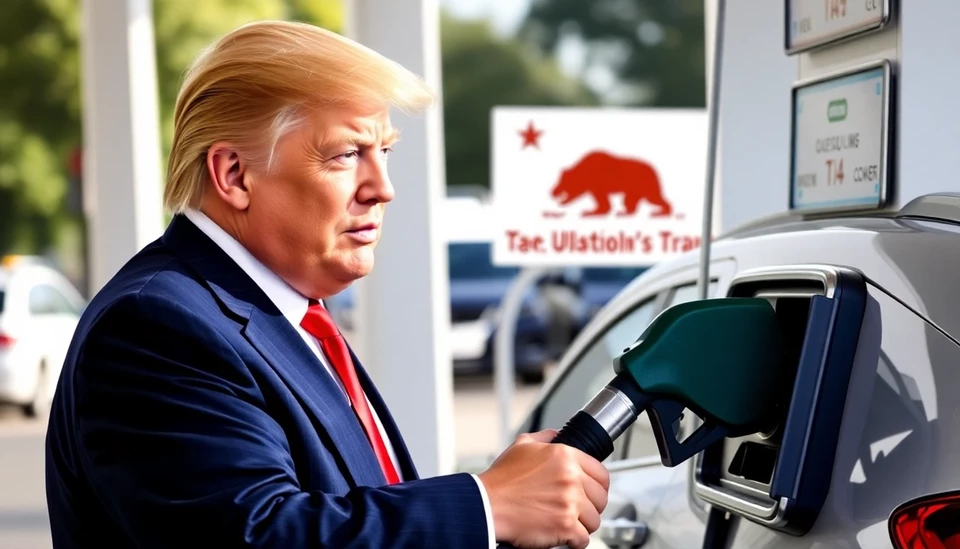
Former President Donald Trump is making headlines once again as he actively seeks to outmaneuver the state of California regarding its controversial ban on gasoline-powered vehicles. This action comes amid California's aggressive measures aimed at combating climate change, which notably include the proposed ban on the sale of new gasoline cars by 2035. Trump, who has consistently positioned himself as a proponent of traditional energy sources, is presenting an alternative narrative that is quickly gaining traction among certain segments of the population.
In the wake of California's decision to restrict gasoline vehicles, Trump is positioning himself to appeal to the auto industry, as well as American consumers who are concerned about the implications of such a ban. His strategy involves mobilizing support from the automotive sector and working to ensure that the federal government does not enforce California's regulatory framework in other states.
The former president has already indicated his intent to challenge California’s authority to impose these stringent regulations. By criticizing the state's ban as an overreach, Trump is rallying support from conservatives and libertarians who advocate for less government intervention and more personal choice in vehicle purchases. He aims to frame this issue as one of individual freedom, reigniting debates around government control versus personal liberties.
Furthermore, Trump is leveraging this moment to deepen his connections with voters who are worried about job losses in the automotive sector, particularly in states that depend heavily on the production of gasoline vehicles. In a series of public statements, he criticized California’s ambitious environmental policies as detrimental to economic growth and employment.
Moreover, Trump's administration had previously rolled back various environmental regulations, a move that was celebrated by many in the oil and automotive industries. As he seeks to reclaim the White House, his strategy appears to be grounded in appealing to core Republican values that prioritize economic considerations over environmental ones.
This confrontation with California also sets the stage for a broader ideological battle surrounding climate policy in the United States. As states begin to take more aggressive stances on environmental issues, the national conversation is increasingly focused on the balance between economic growth, environmental stewardship, and individual rights. By taking a definitive stand against the gasoline car ban, Trump is not only addressing immediate concerns but is also setting the tone for future political discourse.
As the situation develops, it will be fascinating to observe how the electorate responds to Trump's maneuvers and whether they resonate with a broader audience. His actions may shape the landscape of the upcoming elections, especially as voters weigh the importance of environmental policies against economic stability.
In conclusion, Donald Trump's efforts to outmaneuver California could be pivotal in the evolving discourse on climate change and economic policy in the U.S. As he challenges state authority and advocates for traditional energy sources, he may be tapping into a reservoir of support that could influence future political dynamics.
#Trump #California #GasolineCars #ClimatePolicy #Election2024 #AutomotiveIndustry #EnvironmentalRegulations #IndividualFreedom #EconomicGrowth
Author: Megan Clarke




